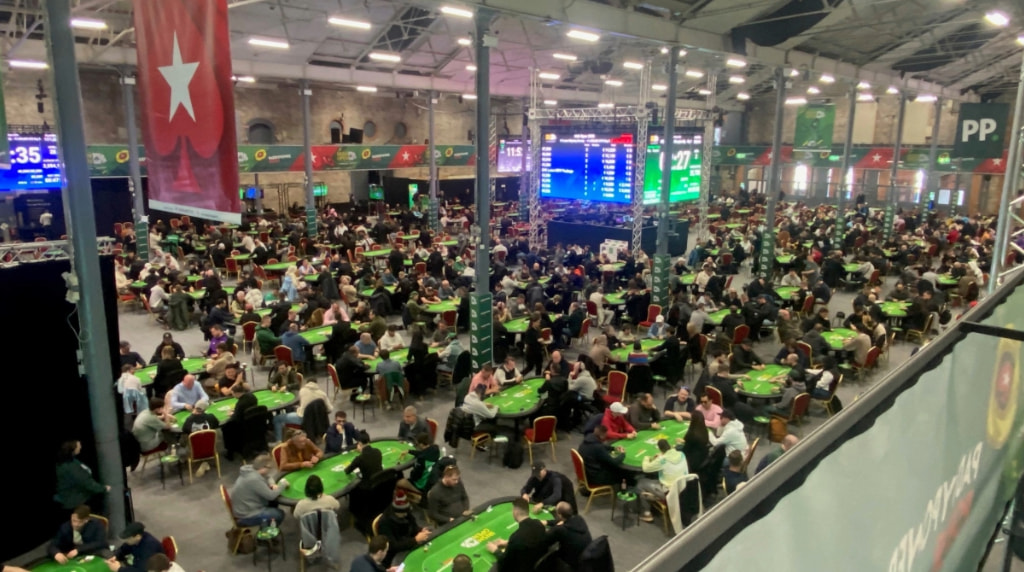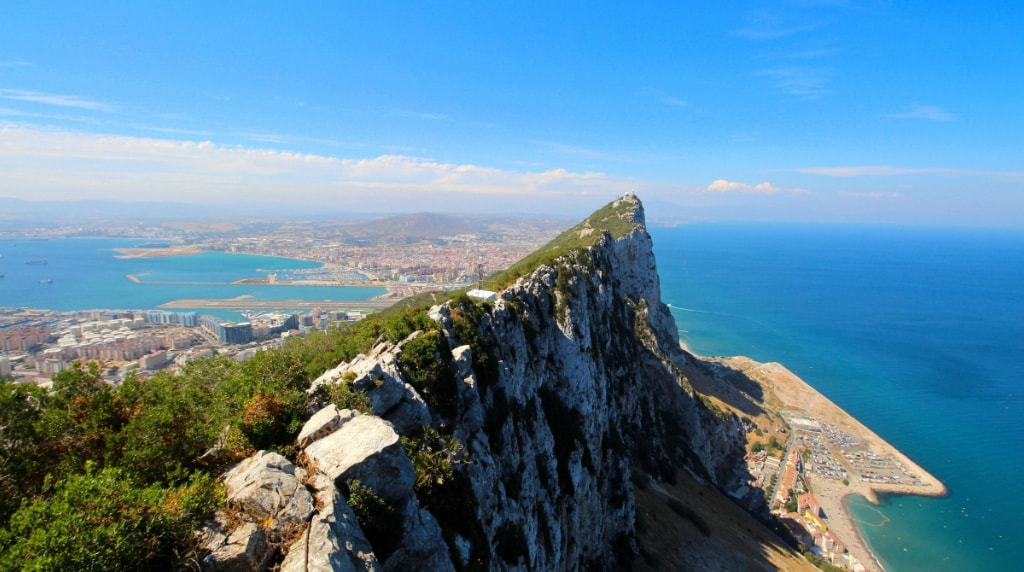Chile Modifies Gambling Advertising Rules
Chile has returned to an ongoing debate over whether gambling advertising should be allowed in sports venues. It was initially discussed five months ago and passed in the Chamber of Deputies. However, it was still up for debate by Chile’s Sports Commission, as they are a key player in the outcome of this regulation. As of the most recent discussion in the commission, important remaining points have been approved. That means the issue will not stall, but will rather go forward through Chilean legislature.

It will soon be illegal for sportsbooks to sponsor teams in Chile, including with advertising on their jerseys.
©Constantin Shimonenko/Unsplash
Details of the latest vote
The latest vote on the bill for banning gambling advertising in sports venues and training places was presented by Marco Antonio Sulantay. In this second Senate stage, 107 voted in favor of the ban. 15 voted against and even more — 16 — abstained altogether.
Though the project has been touted as an anti-gambling advertisement measure, the real aim is to target online betting platforms. Online sportsbooks obviously have good reason to advertise with sports teams and at sporting events, since people in attendance overlap with their main bettor demographic.
However, this is expressly what the proposed rule would prohibit. If passed, no online betting outlet would be allowed to present advertising in these places, including by way of sponsorships of teams. The full list, as outlined by the project text, includes: sports teams and associations, federations, national sports institutions, sports companies, sports funds, and other institutions related to athletics in Chile.
Why has this law been proposed?
There are several reasons for the proposal, according to those involved in the Senate. Part of the reason is to reduce the exposure of minors to betting by reducing its promotion in these types of spaces. Another key reason is to limit match-fixing or other activity, clandestine in nature, between sports institutions and betting platforms.
Deputy Juan Antonio Coloma, who was also for this bill, spoke about this issue and cited the danger of sports getting corrupted. This is often one of the biggest reasons brought up by lawmakers to avoid legalized sports betting. He stressed that existing sponsorship contracts should be ended immediately.
More generally, reducing the proliferation of betting and its effects on mental health is also part of the discussion. Prohibiting advertising is the main part of the ruling, but it will be taken a step further. To reduce any chance for clandestine behavior between betting platforms and sports organizations in Chile, shareholders in betting platforms will not be allowed to be part of sports boards anymore.
Another aspect of the debate is the legality or illegality of gaming. Throughout, lawmakers have often brought up the illegal aspects of gaming in Chile. In particular, many online bookmakers are not fully licensed within Chile or based on Chilean soil. They therefore make profits without paying into the taxation system.
While the country and its lawmakers want to leave room for legal gaming groups — including both casinos and sportsbooks — to continue their work, they still feel it is important to limit advertising in sports venues across the board, not only for illegal companies.
Deputy Marisela Santibáñez spoke to the matter, explaining that Chile’s protection of sports spaces is for the good of athletics, and that it is an activity that should promote well-being rather than gambling.
This is a fascinating step on the part of the Chilean government and Chilean athletics group. At a time when Brazil is dealing with its own gaming regulation and its teams would like to be involved in such decisions (in order to keep sponsorship opportunities), Chilean lawmakers have forged ahead with a fairly bold ruling.



